Use highly nutritious wood ash to enrich your soil and boost plant growth
Wood ash left over from cooking in your wood fired oven can be put to several uses so consider re-cycling it before you throw it into the bin. The amount of wood ash left over from using the Alfa will depend upon the temperature you have achieved when cooking; the higher the temperature the less ash remaining. When brushing out the ash remember to store in a metal bin with a lid away from anything combustible. Ash from different woods has different properties but hardwood contains traces of iron, manganese, sodium, molybdenum, boron, copper and zinc. It also contains in larger proportions; phosphorus, magnesium, potassium and calcium carbonate. All these elements are essential for healthy plant growth and it seems a shame to waste free fertiliser by throwing the ash into the bin.
Fertiliser
With this in mind it can make a great fertiliser in the garden but does need to be used sparingly. It can be extremely alkaline, with a pH of 9 – 13, so always do a soil test to make sure your garden and your plants actually need it. Don’t combine with any other high nitrogen fertiliser, particularly if it contains urea, as it can give off ammonia gas. It can be used as a lawn tonic in small quantities, again remember to do a pH test first. Don’t use it around young plants as it can be too strong and will burn the roots.

Herbaceous border at Levens Hall, Cumbria
Lime substitute
The ash can be used in place of lime to ‘sweeten’ the soil but be careful not to apply it anywhere close to where acid lovers are growing. If you have a garden with a lot of ericaceous plants, such as rhododendrons, azaleas, pieris and camellias, it would probably be better not to apply at all. On the whole fruit and vegetables prefer a sweeter neutral soil so it can be used in the vegetable garden, tomatoes in particular love an application. Just don’t apply to blueberries and potatoes.
Slug and snail deterrent
Place a ring of the ash around vulnerable plants. Renew after rain.
Compost
If the garden doesn’t need a direct application of ash add it to the compost heap in small amounts with about 15 – 20cm (6 – 8”) of normal green compost material between each application.
Tea
Place the ash into an old pillowcase and immerse in a dustbin full of water for a couple of weeks. The resulting liquid will make a nice tonic for plants which are showing signs of nutrient deficiency, characterised by yellowing leaves and brown spots.
Dust bath for hens
Mix with some nice dry sand to provide a dust bath for your hens; it will help them get rid of parasites.

Absorbing spilt oil
Just dust the oil spill with a generous layer of ash, leave for 30 – 60 minutes to allow it to absorb the oil then brush up with a stiff brush.
De-icer
Use as a de-icer on paths as it is less toxic than using salt.

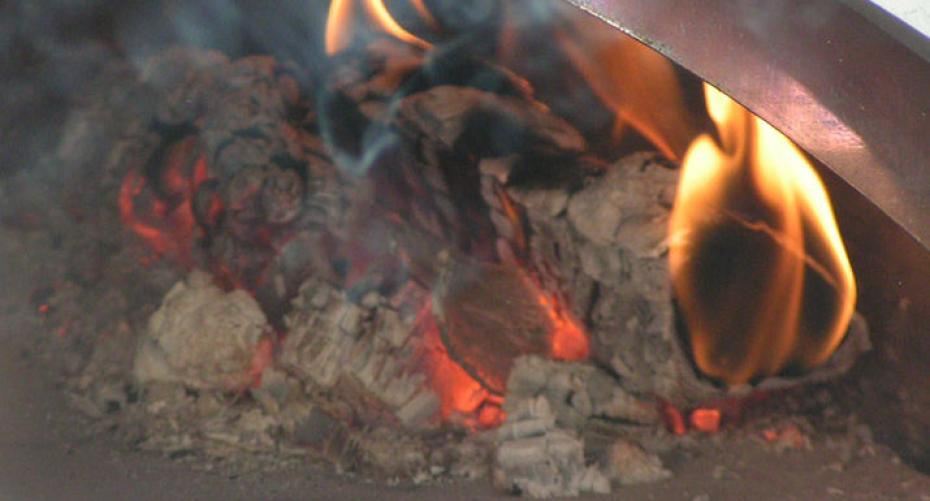

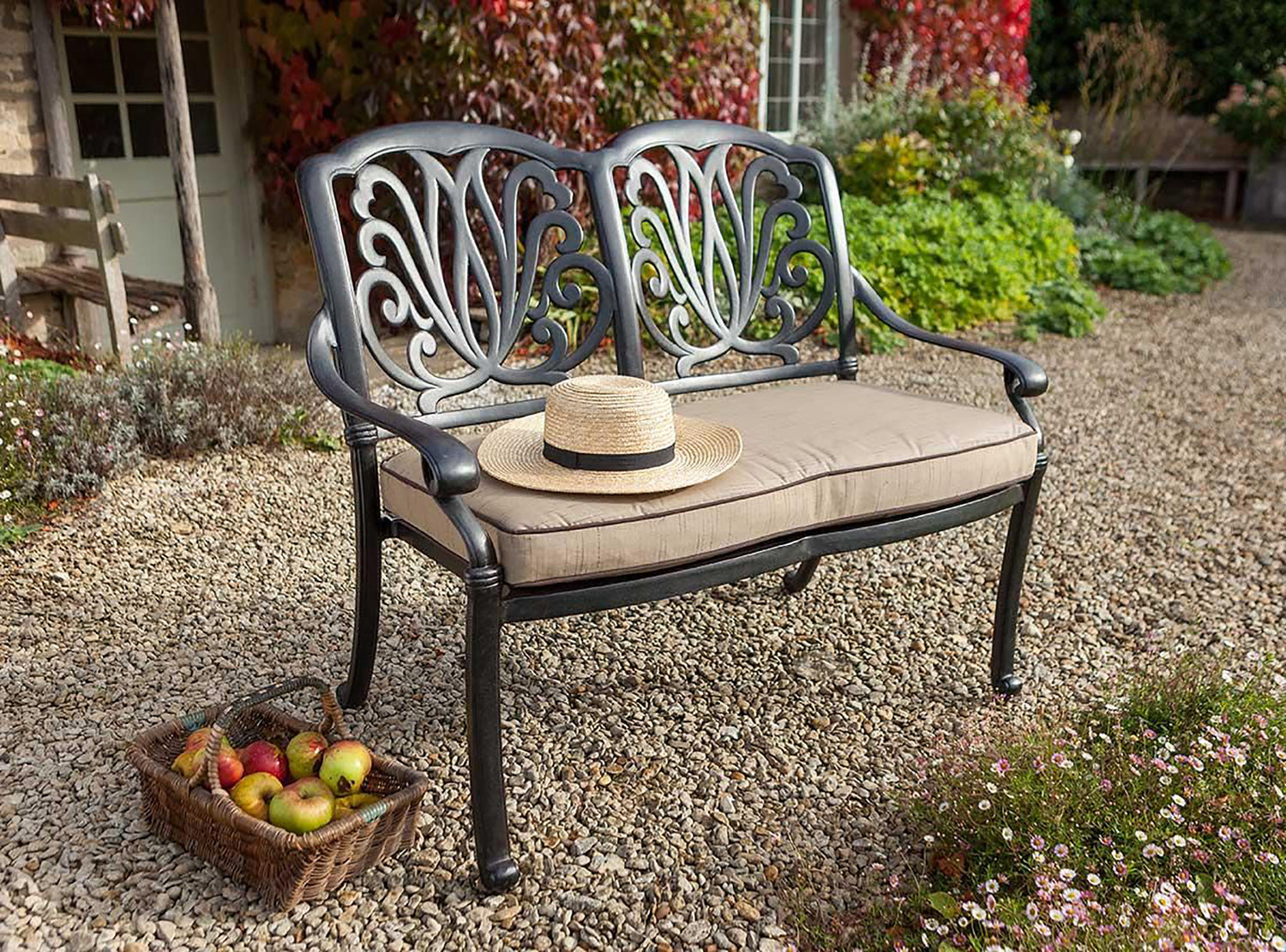
![Kingsbury-bench-05[1].jpg](http://www.hayesgardenworld.co.uk/cdn/shop/files/Kingsbury-bench-05_5B1_5D.jpg?v=1712162737&width=1500)
![Kingsbury-bench-01[1].jpg](http://www.hayesgardenworld.co.uk/cdn/shop/files/Kingsbury-bench-01_5B1_5D.jpg?v=1712161065&width=1500)
![tw17a-4947_0[1].jpg](http://www.hayesgardenworld.co.uk/cdn/shop/files/tw17a-4947_0_5B1_5D.jpg?v=1712161495&width=1500)
![tw17a-4947_tenbury_5ft[1].jpg](http://www.hayesgardenworld.co.uk/cdn/shop/files/tw17a-4947_tenbury_5ft_5B1_5D.jpg?v=1712161172&width=1500)
![tw17a-4952_tenbury_4ft[1].jpg](http://www.hayesgardenworld.co.uk/cdn/shop/files/tw17a-4952_tenbury_4ft_5B1_5D.jpg?v=1712161034&width=1500)
![thumbnail_IMG_1565-kik_2[1].jpg](http://www.hayesgardenworld.co.uk/cdn/shop/files/thumbnail_IMG_1565-kik_2_5B1_5D.jpg?v=1712226536&width=1500)
![thumbnail_IMG_1565-kik_1[3].jpg](http://www.hayesgardenworld.co.uk/cdn/shop/files/thumbnail_IMG_1565-kik_1_5B3_5D.jpg?v=1712159637&width=1500)
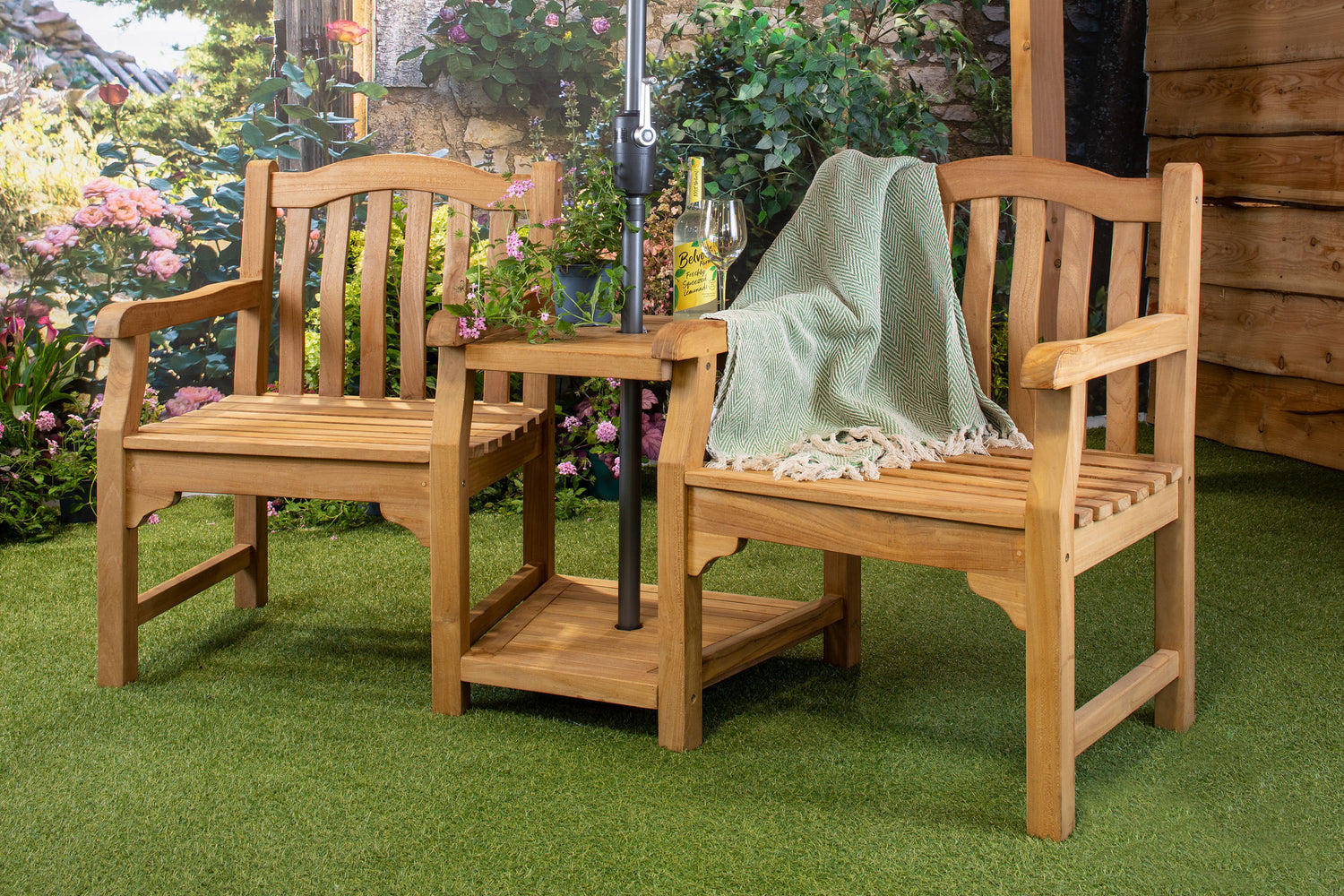
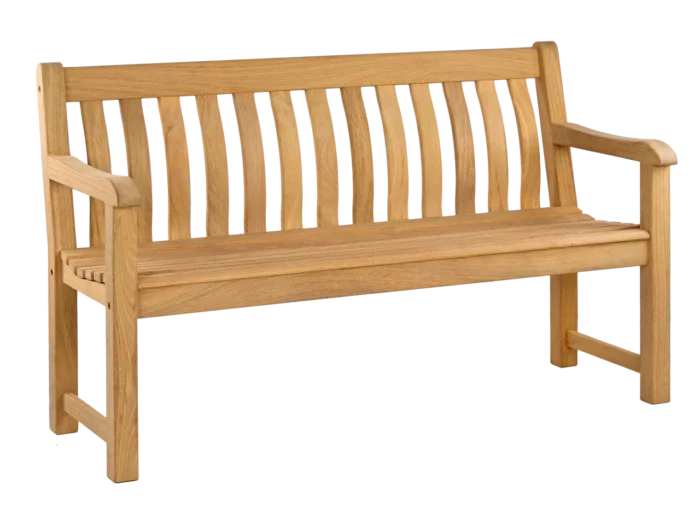
![WD-XgESA[1].jpeg](http://www.hayesgardenworld.co.uk/cdn/shop/files/WD-XgESA_5B1_5D.jpg?v=1712159609&width=1500)